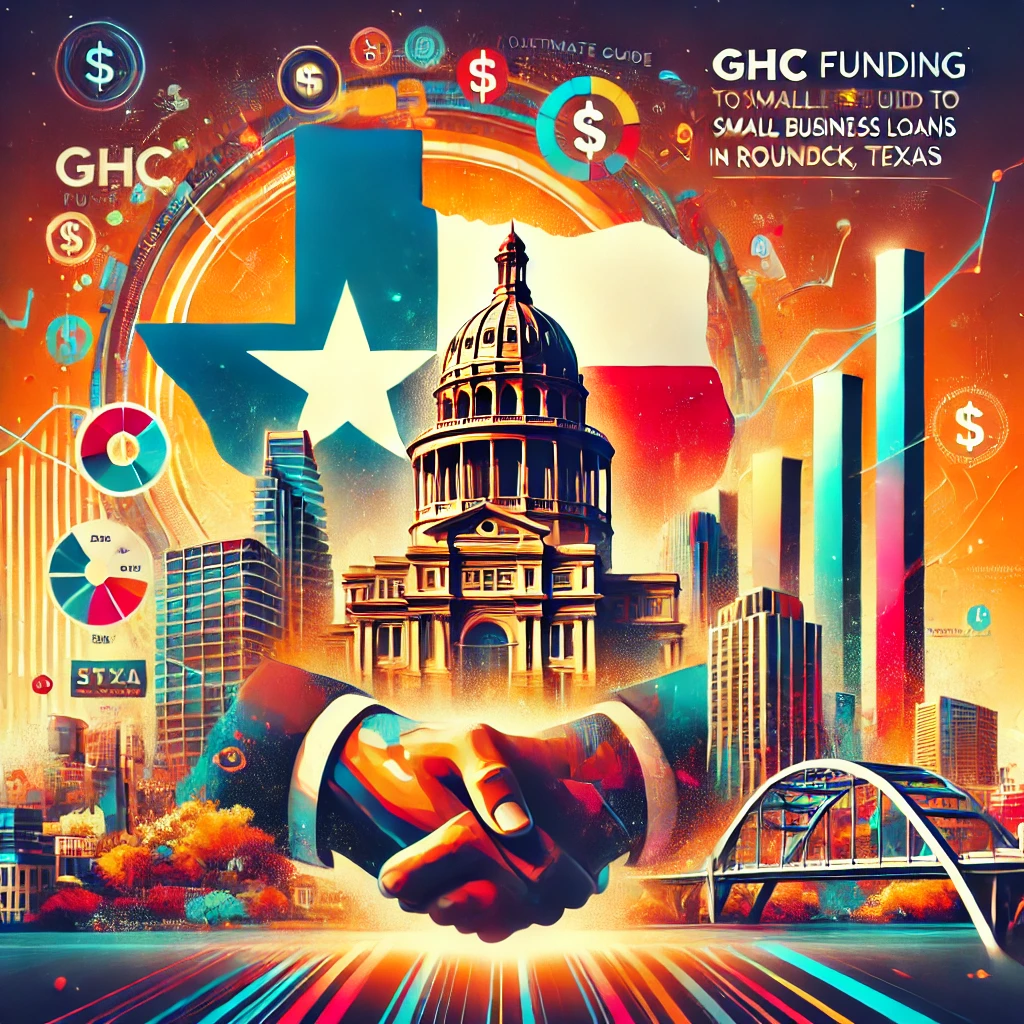Best Budgeting Methods That Actually Work for Millennials Facing Inflation & Remote Work – 2025 Guide
In 2025, Millennials (ages 28-43) are facing some of the most unique financial challenges in decades. Between persistent inflation pressures, the evolving labor market driven by remote work, and financial responsibilities like student loans and family care, it’s never been more critical to adopt effective budgeting methods. This guide offers actionable steps using the latest budgeting tools, addresses real-world scenarios, and explains how Millennials can succeed financially despite today’s market conditions.
- Best Budgeting Methods That Actually Work for Millennials Facing Inflation & Remote Work – 2025 Guide
- Why Budgeting More Matters in 2025
- Top 3 Budgeting Methods That Actually Work in 2025
- Budgeting in the Age of Inflation: 2025 Adjustments
- Remote Work Budgeting: New Rules
- Common Millennial Budgeting Mistakes
- Best Apps & Resources for Budgeting in 2025
- Three-Step Action Plan for Millennial Budgeting Success
- FAQ – Millennial Budgeting & 2025 Money Management
- Next Steps: Take Control of Your Millennial Money in 2025
Why Budgeting More Matters in 2025
- Inflation’s Bite: With consumer prices hovering 4-5% higher than in 2020 and housing costs up over 21%, every dollar must work harder.
- Remote Work Flexibility: Over 35% of Millennials now work remotely, reshaping expense patterns and income streams.
- Unique Pressures: The “sandwich generation” effect means balancing childcare, aging parents, and your own retirement.
Top 3 Budgeting Methods That Actually Work in 2025
1. The Zero-Based Budget (ZBB)
This method assigns every dollar a job before the month begins. At the end of the month, your budget should “zero out,” putting money intentionally toward spending, saving, or investing.

- Best For: Those with variable or remote work income.
- Millennial Example: Sandra, a 35-year-old software developer, uses ZBB to allocate $5,000/month: $1,800 to rent, $600 to groceries, $500 to student loans, $900 to savings/investing, and the rest to utilities and emergencies.
- Key Tools: You Need a Budget (YNAB), Goodbudget
2. 50/30/20 Rule Adapted for Inflation
The classic 50/30/20 rule divides income into Needs (50%), Wants (30%), and Savings/Debt Repayment (20%). In 2025, adjust these percentages for higher essentials costs.
Need capital? GHC Funding offers flexible funding solutions to support your business growth or real estate projects. Discover fast, reliable financing options today!
Test Your Expertise: The Complexities of the 1031 Exchange

As a sophisticated real estate investor, you understand that the 1031 Exchange is a cornerstone strategy for tax deferral and wealth accumulation. But beyond the basics, the intricacies of the 1031 Exchange rules can pose significant challenges. This quiz is designed to test your in-depth knowledge and highlight critical nuances that separate casual investors from true experts in 1031 Exchange transactions.
Instructions: Choose the best answer for each question.
⚡ Key Flexible Funding Options
GHC Funding everages financing types that prioritize asset value and cash flow over lengthy financial history checks:
-
Bridge Loans: These are short-term loans used to "bridge the gap" between an immediate need for capital and securing permanent financing (like a traditional loan or sale). They are known for fast closing and are often asset-collateralized, making them ideal for time-sensitive real estate acquisitions or value-add projects.
-
DSCR Loans (Debt Service Coverage Ratio): Primarily for real estate investors, these loans are underwritten based on the property's rental income vs. debt obligation ($\text{DSCR} = \text{Net Operating Income} / \text{Total Debt Service}$), not the borrower's personal income or tax returns. This offers flexibility for those with complex finances.
-
SBA Loans: The Small Business Administration (SBA) guarantees loans offered by partner lenders. While providing excellent terms (long repayment, lower rates), the application process is typically slower than private/bridge funding, often making them less suitable for immediate needs. SBA eligibility heavily relies on the DSCR metric for repayment assessment.
🌐 Learn More
For details on GHC Funding's specific products and to start an application, please visit their homepage:
The Ultimate DSCR Loan for Rental Property Quiz

Are you looking to expand your real estate investment portfolio? A DSCR loan might be the perfect tool to help you achieve your goals without relying on traditional income documentation. Test your knowledge with this quiz to see if you're ready to master the intricacies of a DSCR loan for rental property.
- Suggested Adaptation: 55% Needs, 25% Wants, 20% Savings/Debt.
- Example: On a $4,200/month after-tax income: $2,310 needs, $1,050 wants, $840 savings/debt.
- Key Tools: Mint, EveryDollar
3. Anti-Budget (The Pay-Yourself-First Method)
This minimalist method is ideal for Millennials overwhelmed by spreadsheets. Automatically siphon a set percentage to savings/investments and spend what’s left – no guilt required.
- Pro-Tip: Aim for 25% direct to savings and investments by automating transfers via payroll or banking apps.
- Apps: Chime (for round-up savings), Acorns
Budgeting in the Age of Inflation: 2025 Adjustments
- Reassess Subscriptions & Fixed Costs: Cancel or downgrade streaming, unused gym memberships, or auto-renew services. Median Millennial household spends $440/year on unused subscriptions!
- Negotiate Recurring Bills: Call internet/phone providers – recent data shows average 14% savings after negotiation.
- Increase Grocery Budget Realistically: Allocate at least 15% more than 2020’s average; $600/month for a family of two in 2025 is typical.
- Buffer for Utilities: Rising energy costs (+12% YoY) mean extra allocation is smart.
Remote Work Budgeting: New Rules
- Home Office Tax Deductions: If self-employed, claim up to $1,500 (U.S.) for qualified expenses. Track with QuickBooks Self-Employed.
- Internet & Tech Upgrades: Plan for periodic updates: $500-1,000/year on equipment for optimal productivity and tax efficiency.
- Commuting Savings: Repurpose former transit funds toward savings or investments!
Common Millennial Budgeting Mistakes
- Forgetting Irregular Expenses: Car repairs, insurance, annual memberships – add line items for these!
- Underestimating Inflation: Review and adjust your budget quarterly. Keep up with CPI reports from trusted sources like BLS.
- Not Automating: Use banking apps to automate bill pay and savings. Manual budgeting increases risk of errors and missed goals.
Best Apps & Resources for Budgeting in 2025
- YNAB – Zero-based, hands-on budgeting with inflation-tracking tools.
- Mint – Tracks all accounts, sets inflation-adjusted goals automatically.
- Fidelity Go – For those wanting seamless link of budget and investment.
- Personal Capital – Advanced net worth and investment tracking for Millennials starting to build wealth.
Three-Step Action Plan for Millennial Budgeting Success
- Pick a Method: Test Zero-Based, 50/30/20, or Anti-Budget for 90 days. See what fits your remote work lifestyle and variable income.
- Automate and Review: Set up transfers on payday, use app alerts for overspending, and review monthly to keep up with inflation changes.
- Reallocate Every Quarter: As your expenses or income shift, rebalance your budget. Example: If remote gig income increases by 10%, boost savings or debt payoff – don’t inflate your lifestyle!
FAQ – Millennial Budgeting & 2025 Money Management
- What’s the best app for Millennials on variable remote income?
- Try YNAB for its flexible, job-to-dollar philosophy, especially helpful with irregular pay.
- How do I prioritize saving versus loan payoff with current inflation?
- Pay minimums on low-rate debts, but accelerate “bad” debt (over 7% interest rates). Divert extra funds to a 3-6 month emergency fund. Use the 20% rule as a guide, but go higher if possible during good income months.
- Do budgeting rules change as I start a family or care for parents?
- Yes – increase your Needs percentage, adjust for health care and childcare, and keep more cash as a buffer. Family-shared apps like Zeta or Honeydue can help manage joint budgets.
- How can I protect my finances from economic uncertainty?
- Budget an extra 3-5% cushion in essentials, build emergency savings, and consider fixed index investments. Diversify your income streams with freelance or gig work if possible.
Next Steps: Take Control of Your Millennial Money in 2025
Adopting a proven, inflation-proof budgeting system is the best way to beat financial stress in 2025. Compare methods, automate your process, and keep tracking expenses quarterly. Commit to your chosen method for at least three months, then fine-tune and scale your savings or investment goals as your life changes. Remember: Flexible, proactive budgeting is the foundation of wealth for Millennials navigating remote work and an ever-evolving economy.
Get a No Obligation Quote Today.
✅ Small Business Resources
-
SBA – Small Business Administration
https://www.sba.gov - SCORE Mentors (Free Mentoring & Workshops)
https://www.score.org - Small Business Development Centers (SBDC)
https://americassbdc.org
Are You an SBA Real Estate Loan Expert?

Test your in-depth knowledge on using SBA Loans for owner-occupied commercial Real Estate acquisition. These questions delve into the critical details that can impact your business's growth and financial strategy.



